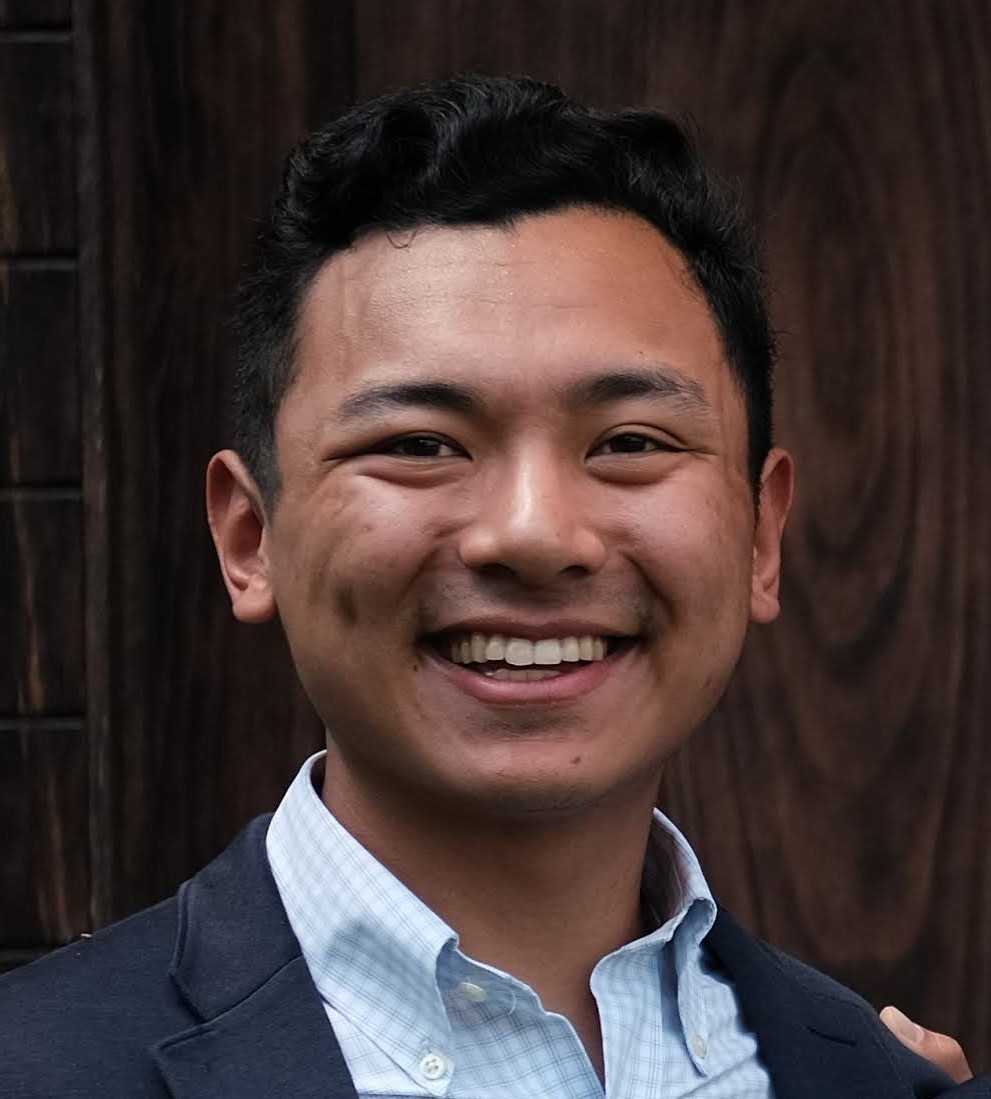About Us

Iqbal Nurjadin
I am a rising junior at UC Berkeley, studying Computer Science. I am the president of the Berkeley Indonesian Students Association and volunteer at the Berkeley Student Food Collective. I love exploring the state and national parks spread across California and watching English Premier League football.
I am not a professional book critic. I am merely a university undergraduate student who loves to read. So you might ask yourself: what qualifies me to write any sort of analytical book reviews? To tell you the truth, beyond my high school diploma and passion for reading, not much.
My goal then is not to review a book in any critical manner nor provide deep analysis into its subtext. Rather, I want to share feeling, experience, and perspective. Inasmuch as we can explore a diverse array of stories through books, we may also share vastly differing point of views on those stories, each opinion just as valuable as the next.
My passion for reading, however, did not start early. I still vividly remember my ten year old self reading the first chapter of a Harry Potter book, before shutting it tight and proceeding to challenge my brother and cousin in a game of Mario Kart. Throughout my life, I was content with not having to read books beyond the assigned reading for classes.
Surely, but slowly, I grew to enjoy reading. I found myself taking the small snippets of the day, bus and train commutes, waiting at cafes, or right before sleep, to pull out a book and read. I found a deeper purpose beyond reading for the pleasure of the stories themselves; I discovered a medium by which I could deeply relate to another person, in particular, the author of the book. Whether fiction or not, books contain the power of storytelling: to bring people together through empathy, critical thinking, and shared feeling of human nature.
I hope to share my feelings about books as a way to encourage not only reading in general, but also reading a diverse set of stories. Exploring a vast array of books benefits you by both strengthening and challenging your own personal thinking. Equally as important, however, is the sharing of a diverse set of stories, lifting and giving power to the voices and perspectives who need it the most.
So come explore the world of books with me. Keep an open mindset. Do not be quick to judge. And the best part? You get to pick your own adventure.

Topjor Tsultrim
I’m a rising junior at Williams College, studying Political Economy and English. I enjoy coaching youth lacrosse and political activism for the Tibetan cause. I’m bad at ukulele and good at Pokemon. I hate the CCP and love Manchester United.
When I was in elementary school, my parents often worked late. The afterschool program was expensive, so the local library became my refuge. There, I would wander among the stacks for hours, lost in an infinite multitude of worlds, until my parents would pull me back to the reality of our life. In this way, reading became the most exciting, captivating, tragic, and shocking thing in my life. It let me escape the monotony of my life and, for a few hundred pages, share the adventures, travesties, and conundrums of my heroes and heroines. Books introduced me to the storylines, complexities, and conflicts I couldn’t find between the walls of our apartment or in the hallways of my school.
Once I got to college, however, I realized what I cherished most about reading was far deeper than escape. Rather, instead of supplanting my own reality with that which an author has conjured through miraculous invention, I began to notice the ways in which those same dynamics played out in my own life. Thanks to a freshman-year course on the literary theory of the novel, I realized that I was always engaged in that practice of self-identification. Whether I was providing for my siblings in The Boxcar Children or acknowledging the sacrifice of loved ones in Eragon, I was perpetually engaged in diving into the worlds of my books; they, in turn, were diving into me.
Samuel Johnson, the great English lexicographer and literary critic, once warned of the danger of the power of the novel. He wrote this remonstrance during the 1750s, the era when the printing press enabled the proliferation of accessible novels to the public for the first time. These first novels were unique in the way that they lacked overt moralization. Taking the place of idealized romances or apostolizing allegories were tales of the common man, replete with his failures, fallibilities, and weaknesses. Johnson was afraid that the layperson would not be able to aptly discern good from bad and would emulate these flawed—human—characters. It is this very quality, the imperfection of these characters, that pushes forth my love for reading.
While there is no doubt my favorite genre is the novel, I have been spending more time recently reading essays, personal narratives, and histories, especially those whose stories are often left untold. In recognition of my own lack of education on the history of race in America, stories by black authors have climbed to the top of my To-Read pile.
My hope is that this audience can share in my love for reading and, for a few hundred words, experience the mutual embrace of it.